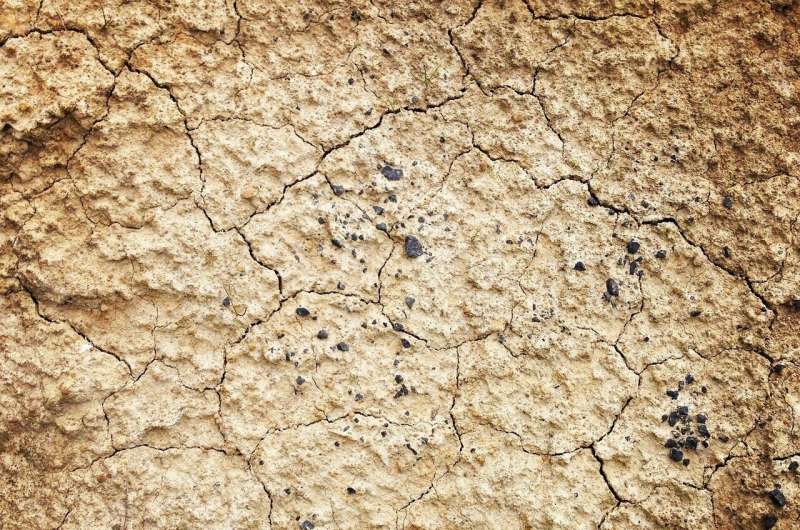March 30, 2022 report
Soil microorganisms found to respond to global warming by reducing protein synthesis

An international team of researchers has found that soil microorganisms respond to warming soil by reducing protein synthesis. In their paper published in the journal Science Advances, the group describes their long-term study of soil microorganisms at two sites in Iceland and what they learned by sequencing RNA samples from them.
As the planet continues to warm due to humanity's inability to curb greenhouse gas emissions, scientists around the world are attempting to predict what might happen to plants and animals as individual environments grow warmer. In this new effort, the researchers were part of an ongoing effort in Iceland called ForHot—scientists there have been monitoring a piece of grassland for several years, hoping to learn more about how warming will impact the plants and animals in one small parcel of ground. They have also been studying the soil at a nearby site that has been experiencing accelerated warming due to an earthquake in 2008 that rerouted the underground geothermal system.
The work by the researchers has involved conducting shotgun sequencing of total RNA, an approach that allows for studying a host of different organisms living in the soil all at the same time. This approach provided an opportunity to compare genetic changes that led to changes in protein expressions in soil microorganisms. They found that in comparing samples from years ago to those that were collected recently, they could see that the amount of RNA produced by the tiny creatures was less in those living in warmer soil. And that, the researchers note, has led to them producing less protein. They also noted that the number of microorganisms did not decrease as a result; instead, it resulted in changes to biochemical reaction rates: Their enzymes worked faster as the soil grew warmer. This meant that their metabolic and cell division rates increased. And that meant that they were pulling more carbon from the soil and releasing it into the atmosphere.
The researchers found that the changes they noted occurred over months and years, though they suspect that smaller changes may occur weekly or even daily. They note that it is still too early to make any judgements about how the increase in carbon discharge may be impacting global warming, but they plan to keep studying the microorganisms to see if they can find out.
More information: Andrea Söllinger et al, Down-regulation of the bacterial protein biosynthesis machinery in response to weeks, years, and decades of soil warming, Science Advances (2022). DOI: 10.1126/sciadv.abm3230
© 2022 Science X Network


















